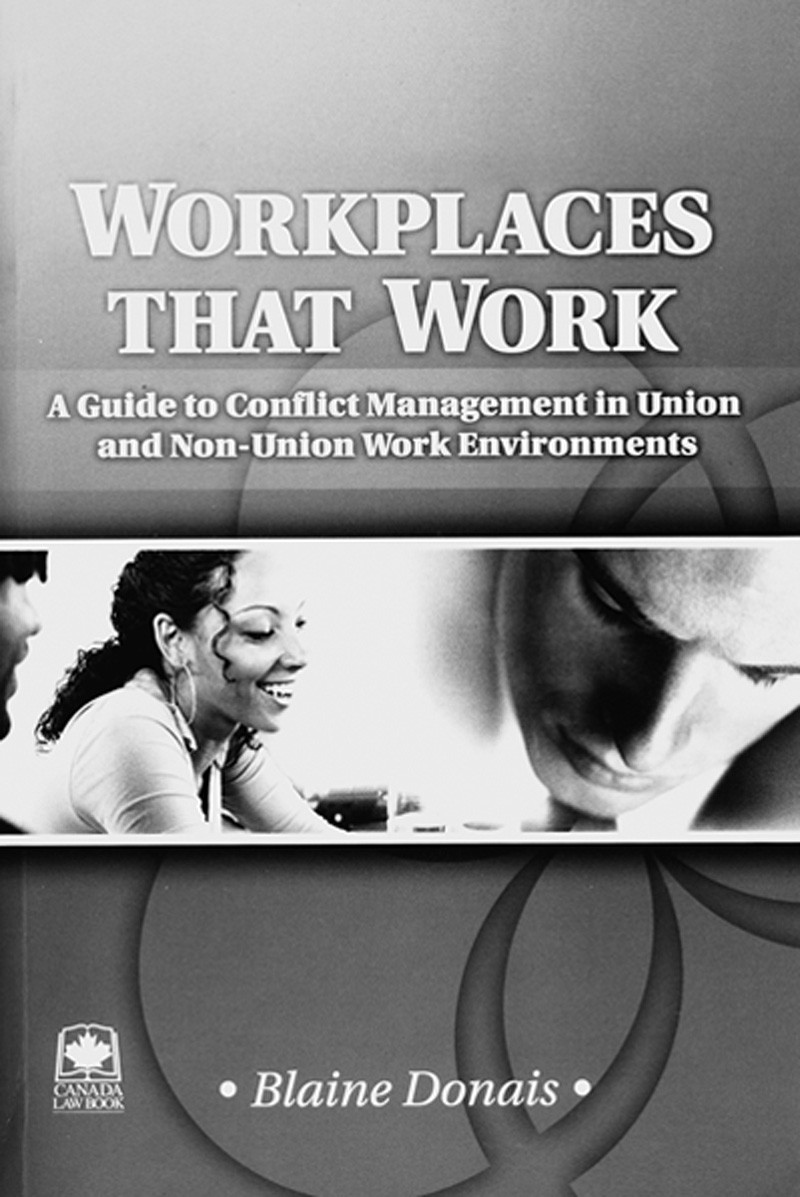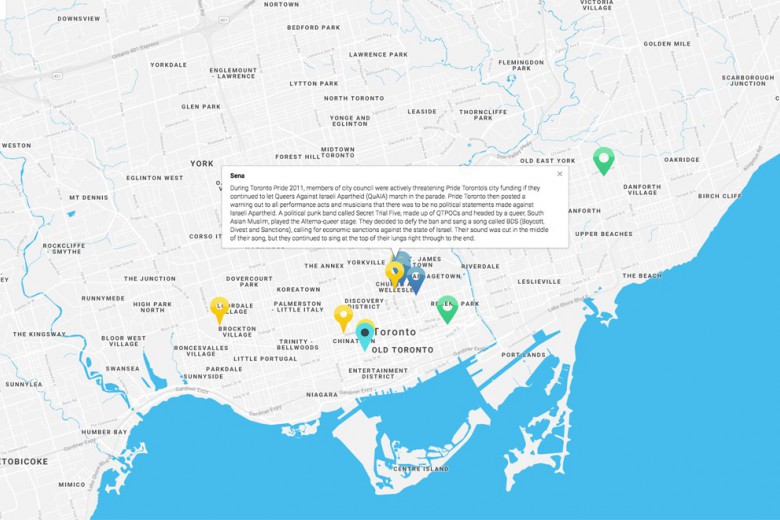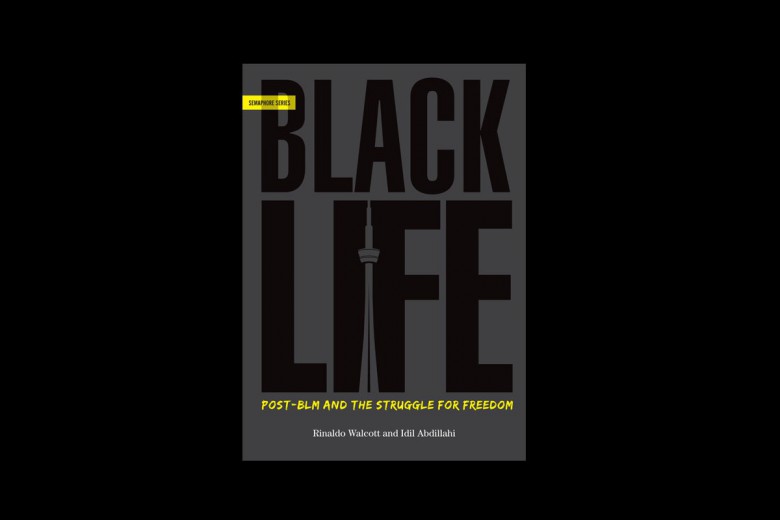
Workplaces That Work: A Guide to Conflict Management in Union and Non-Union Work Environments
By Blaine Donais
Canada Law Books, 2006
Don’t let the business suit in the author’s photo fool you: Saskatchewan-born Blaine Donais’ roots are firmly planted in a lifetime of trade unionism and social activism. Not surprisingly, then, when Donais surveys the minefield of conflict in today’s workplaces, his eyes take in more than your average efficiency guru.
For starters, he doesn’t assume we all work for private companies: some people work for NGOs, governments, co-ops and, yes, even unions. What makes Workplaces That Work different from other management advice books is a fundamental recognition that the effects of free trade, government off-loading, endless restructuring, ideology and chronic under-funding may lurk behind that ugly blow-up in the lunch room.
Today’s jobs are insecure, stressful, and placed within a framework that ranks fairness well below other considerations. “Modern companies cannot afford to be veritable autocracies without concern for the treatment of their participants,” Donais observes in the opening pages, pointing out that most interpersonal conflicts are essentially about issues of fairness.
Arguing that workplace fairness can be accurately measured, analyzed and tested in the same way management strategists study financial systems, Donais proposes a Testing Instrument for Fairness Systems (TIFFS). He follows this up with a step-by-step guide to a mediation process focused on defining issues, generating options and reaching agreement.
Significantly, Donais recognizes there are fundamental differences between union and non-union environments, and provides a template that can be adjusted accordingly. His template is based on the principles of interest-based negotiating, a strategy some unions are beginning to explore as an alternative to traditional patterns of highly conflictual positional negotiating. For this reason, the book is as relevant to union leaders and workers as it is to managers.
In the end, Workplaces That Work is not so much about solving personal conflicts as it is about restructuring our workplaces to ensure maximum fairness and humanity.




